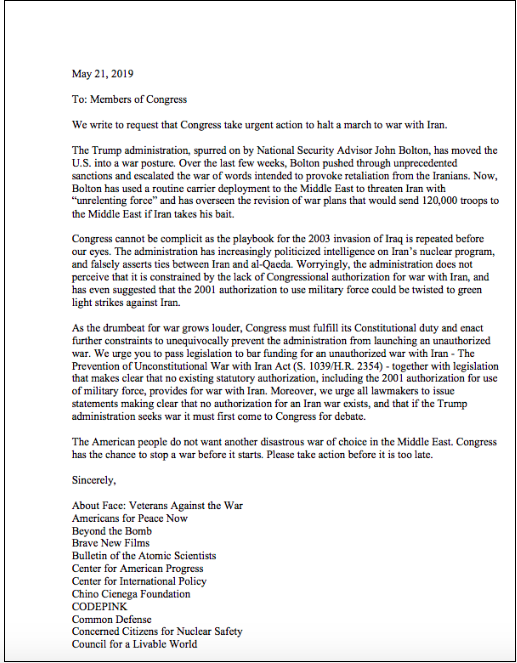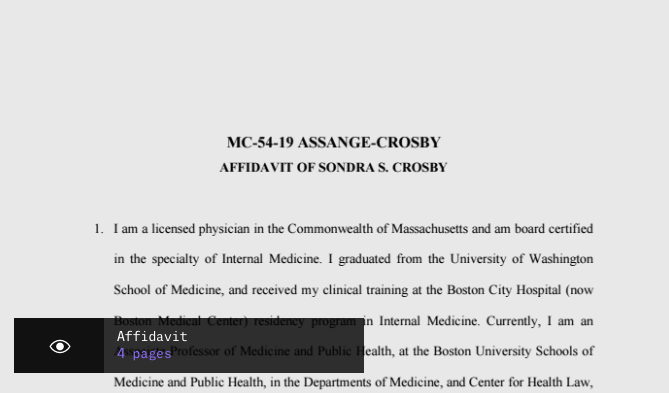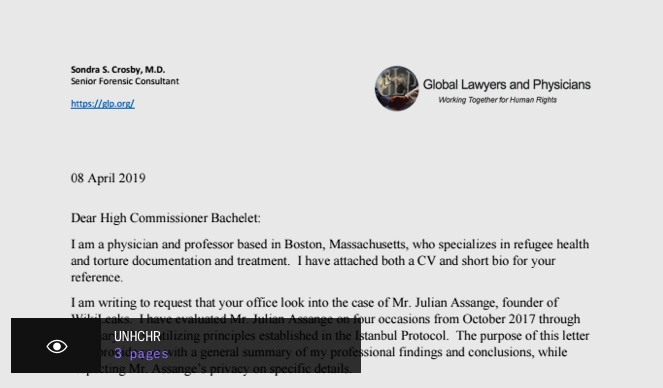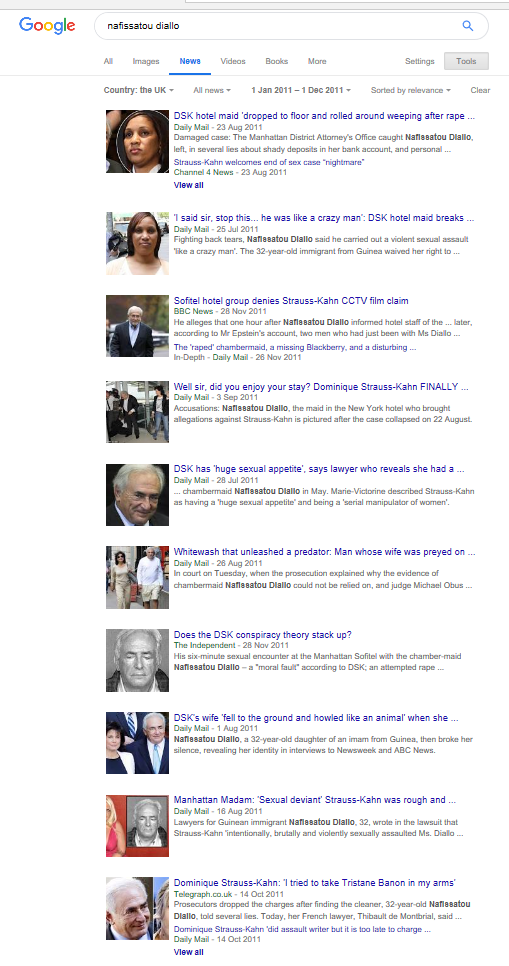“Não sei com que armas será disputada a terceira guerra mundial, mas a quarta guerra mundial será travada com paus e pedras” (Albert Einstein)[2]
Alerta vermelho num mundo ambivalente
Tendo em vista a sua edição de 2018, a muito prestigiada Conferência de Segurança de Munique publicou um relatório destinado a servir de compilação e base de trabalho útil para um encontro impressionante de mais de 300 decisores e profissionais da segurança provenientes dos quatro cantos do mundo.
A epígrafe do primeiro artigo do relatório dava claramente o tom ao citar a mensagem proferida pelo Secretário Geral das Nações Unidas recentemente eleito, António Guterres: “Quando iniciei as minhas funções há um ano, lancei um apelo para que 2017 fosse um ano de paz. Infelizmente, o mundo seguiu, em grande medida, o caminho inverso. No primeiro dia do ano de 2018, não vou lançar um novo apelo. Vou emitir um alerta, um alerta vermelho ao nosso mundo. Os conflitos agravaram-se e emergiram novos perigos. A ansiedade global relacionada com as armas nucleares nunca foi tão forte desde a Guerra Fria. As mudanças climáticas avançam mais depressa do que nós. As desigualdades acentuam-se. Assistimos a violações horríveis dos direitos humanos. Os nacionalismos e a xenofobia estão a aumentar.”[3]
Haverá maneira mais exacta e concisa para descrever o estado do mundo neste início do século XXI?
Avanços históricos em quase todos os sectores da actividade humana têm suscitado uma preocupação crescente no tocante à durabilidade de uma ordem internacional que foi, em grande parte, concebida, moldada e construída pelos Estados Unidos da América no fim da Segunda Guerra Mundial, graças ao seu poder económico e militar. Mas esta ordem dita “liberal” dirigida pelos Estados Unidos tem vindo a sofrer uma erosão constante e é hoje brutalmente posta em causa. Assaz surpreendentemente, os seus fundamentos têm sido alvo de ataques constantes da parte daqueles que a construiram, hoje encabeçados pela administração Donald Trump, que reage contra aquilo que considera ser os excessos de uma mundialização desenfreada. Segundo John Ikenberry, “o Estado mais poderoso do mundo começou a sabotar a ordem que criou. Surgiu um poder revisionista hostil que ocupou o Salão Oval, o centro nevrálgico do Mundo livre.”[4]
A conjunção de realidades como as guerras ilegais conduzidas pelos autoproclamados polícias mundiais contra Estados fracos e “desobedientes”, mas soberanos, e uma desigualdade económica sem precedentes que resulta das contradições da mundialização capitalista e do comportamento expansionista e sem entraves de empresas que investem em todos os sectores da vida pública e privada, gerou um autoritarismo e um darwinismo social crescentes à escala global.
A par de outros grandes críticos do capitalismo mundial do século XXI –como Paul Krugman e Thomas Piketty[5]– o vencedor do prémio Nobel, Joseph Stieglitz, descreveu esta realidade omnipresente num livro importante.[6] Desde o início do século, observa, “quatro dos principais problemas que a nossa sociedade enfrenta são a grande fractura –ou seja, a enorme desigualdade existente nos Estados Unidos e em muitos outros países avançados– a má gestão económica, a mundialização e o papel do Estado e do mercado.”
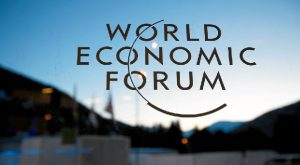
Esta situação está, segundo ele, relacionada com o papel dos interesses privados na política e cada vez mais com os interesses do 1% mais rico da população mundial. Foi por esta razão que a Oxfam apresentou um documento de informação[7] que fez história ao apelar à elite mundial reunida em Davos para que assumisse compromissos capazes de estancar a crescente vaga de desigualdades. O documento indica que cerca de metade da riqueza mundial pertence, hoje, a apenas um por cento da população. A Oxfam alertou para o facto de esta concentração maciça de recursos económicos nas mãos de um número reduzido de pessoas constituir uma ameaça real para os sistemas políticos e económicos inclusivos e de agravar as desigualdades. Ao deixarem de ser controladas, as instituições políticas são minadas e os governos servem massiçamente os interesses das elites económicas, em detrimento das pessoas comuns.
Desde então, um outro relatório da Oxfam[8] veio demonstrar que estas projecções estão correctas e assinala que oito homens apenas dispõem de uma riqueza equivalente à da metade mais pobre da população mundial. O documento considera ser “mais do que grotesco” um punhado de homens ricos, encabeçados pelo fundador da Microsoft Bill Gates, deterem uma fortuna de 426 bilhões de dólares, que corresponde aos haveres de 3,6 bilhões de pessoas.
O relatório[9] do Instituto de Estudos Políticos informa, por sua vez, que os três cidadãos mais abastados dos Estados Unidos (Jeff Bezos, Bill Gates e Warren Buffet) são mais ricos do que a metade mais pobre da população daquele país ou seja, 160 milhões de pessoas! A riqueza dos três representa, ao todo, o montante assustador de 248,58 bilhões de dólares. Comentando as conclusões deste documento, Chuck Collins, economista e co-autor do relatório, declarou que “a classe dos bilionários” continua a afastar-se do resto da população a um ritmo acelerado e que “tanto dinheiro concentrado em tão poucas mãos, quando há tantas pessoas a lutar pela sobrevivência, não só representa um sinal de má política económica como uma crise moral.”
Pankaj Mishra captou e resumiu de forma eloquente a imagem e a coreografia desta dança macabra do mundo ao observar que “os futuros historiadores poderão interpretar esta desordem como o início da Terceira Guerra Mundial, que será a mais longa e a mais estranha de todas as guerras mundiais porque se assemelha, pela sua ubiquidade, a uma guerra civil mundial.”[10]
Mas como pôde o mundo chegar a esta situação sinistra?
De Prometeu a Homo Deus
No seu livro The Progress Paradox[11], editado em 2014, Gregg Easterbrook baseia-se numa quantidade de pesquisas impressionante para afirmar que quase todos os aspectos da vida ocidental progrediram consideravelmente ao longo do século passado e que, nos últimos cinquenta anos, quase tudo melhorou de tal forma para quase toda a gente, que acaba por ser pura perversão sentirmo-nos mal a propósito de tudo ou de quase tudo. Recentemente[12], reiterou esta afirmação denunciando, ao mesmo tempo, aqueles que se encontram empenhados numa “política de nostalgia competitiva” que exige o regresso a um passado idealizado inatingível quando, refere o autor, esse passado pura e simplesmente nunca existiu. Easterbrook está convencido de que, segundo critérios de avaliação significativos, o mundo moderno está melhor do que nunca e que ainda podemos alcançar um futuro melhor.
Dentro desta mesma linha, o investigador em ciências cognitivas Steven Pinker, que se baseou nos resultados de uma ampla pesquisa e em setenta e cinco gráficos para a sua avaliação da condição humana no terceiro milénio, sublinha que “a vida, a saúde, a prosperidade, a segurança, a paz, o conhecimento e a felicidade”[13] estão a progredir, não só no Ocidente, mas no mundo inteiro. A partir desta constatação, chega a uma conclusão aparentemente lógica afirmando que nunca existiu melhor momento para o ser humano do que o actual.
Porém, a maior parte dos homens e das mulheres sente-se hoje menos feliz do que as gerações precedentes. Esta observação levou David Callahan a questionar-se sobre o facto de tantas pessoas apresentarem um semblante carregado quando deveriam mostrar um sorriso feliz por terem tido a sorte de nascer na geração actual.[14]
Como explicar, então, este descontentamento mundial não obstante uma inegável melhoria da condição humana em geral?
Será possível atribuí-lo, como pensa Pinker, ao facto de esse progresso, “que não é o resultado de uma força cósmica, mas uma dádiva das Luzes resultante da convicção de que a razão e a ciência podem contribuir para o aperfeiçoamento do desenvolvimento do homem”, ir a contra-corrente da natureza humana assente no tribalismo, no autoritarismo, na diabolização e no pensamento mágico, que os “demagogos comprometidos com ideologias políticas, religiosas e românticas” estão sempre prontos a explorar, numa guerra de outros tempos com a qual alimentam um “fatalismo corrosivo e a vontade de destruição das preciosas instituições da democracia liberal”?
Ou, pelo contrário, não será a crise mundial actual acima de tudo devida, como pensam muitos outros autores, ao facto de as experiências apressadas de construção da nação, da democracia, da industrialização e da urbanização terem deixado cicatrizes em muitas partes do mundo, e ao facto de conceitos como a modernidade, a laicidade, o desenvolvimento e o progresso serem quimeras antigas, que uma minoria de poderosos continua a apresentar à maioria como ideais a prosseguir? Esta opinião é partilhada por Pankaj Mishra. O autor sublinha que os impasses políticos e os choques económicos das nossas sociedades, bem como o ambiente irremediavelmente degradado corroboram as visões mais sombrias de uma longa lista de pensadores, a começar pelos críticos do século XIX, que condenavam o capitalismo moderno considerando-o “uma máquina sem coração ao serviço do crescimento económico e do enriquecimento de uma minoria, em oposição às aspirações fundamentalmente humanas que são a estabilidade, a comunidade e um futuro melhor.”[15]
Não podemos deixar de recordar a resposta de Noam Chomsky quando o entrevistador lhe perguntou se a civilização pode sobreviver ao capitalismo predador, que a maioria das economias avançadas adoptou a partir de finais dos anos 1970: “o capitalismo realmente existente –cuja sigla é RECD e se pronuncia “wrecked” [destruído]– é radicalmente incompatível com a democracia. Parece-me improvável que a civilização possa sobreviver ao capitalismo realmente existente e à democracia fortemente atenuada que o acompanha”.[16]

Convém sublinhar igualmente que, em 1932, o romance de Aldous Huxley Brave New World já perspectivava uma ditadura científica embora esta, na altura, parecesse uma visão tão assustadora quanto inscrita num futuro longínquo. Menos de trinta anos depois, todavia, noutra obra romanceada e não menos fascinante[17], Huxley comparava o mundo moderno com o fantasma profético que desenhara na sua análise anterior, incluindo as ameaças para a humanidade induzidas pelos progressos fulgurantes da ciência, nomeadamente no âmbito do controlo do pensamento. Com o seu novo livro, Huxley rejeitava qualquer tipo de complacência para com as pressões cada vez maiores exercidas no sentido da adopção destas ferramentas modernas e defendia a necessidade de a humanidade se educar para a liberdade, antes que fosse tarde demais.
Não existe hoje qualquer dúvida sobre o facto de estarmos muito adiantados no caminho perigoso antecipado por Aldous Huxley. Num livro recente, Franklin Foer[18] analisou estes desafios colossais e, em particular, os perigos que os GAFA –os quatro gigantes da tecnologia: Google, Apple, Facebook e Amazon– representam para a nossa cultura e as nossas carreiras. Foer demonstrou que estas empresas, através dos seus métodos de observação dos consumidores e de colecta de dados, bem como através da sua vontade de substituirem a tomada de decisão humana por algoritmos implacáveis, “destroem os princípios que protegem a individualidade”. Pior ainda, acrescentou, ao procurar dominar os mercados e o mundo, este “quatuor redutável, que influencia o nosso pensamento e as nossas actividades, adormeceu-nos instalando-nos num sentimento de dependência”.[19] Mais poderosas do que as instituições de controlo tradicionais, nomeadamente as principais redes de televisão ou os jornais mais importantes, aquelas empresas tornaram-se os novos árbitros dos media, da economia, da política e das artes.
Yuval Noah Harari, autor e historiador, que conseguiu captar a imaginação de milhões de pessoas graças aos seus dois best-sellers mundiais[20], exprime uma opinião semelhante. Em Sapiens, Harari explica o modo como a humanidade tem vindo a reinar sobre o planeta e, em Homo Deus, examina o futuro da humanidade. O autor sublinha que “o império mundial que tem vindo a desenhar-se debaixo dos nossos olhos não é governado por um Estado nem por um grupo étnico específico. Tal como o Império romano, o império mundial é governado por uma elite multiétnica e está ligado por uma cultura e interesses comuns. Empreiteiros, engenheiros, peritos, universitários, advogados e gestores são convidados a integrar o império. Como tal, devem autoquestionarse e decidir se respondem ao apelo imperial ou se permanecem fiéis ao seu Estado e ao seu povo. São cada vez mais numerosos aqueles que escolhem o império.”
No tocante à sua visão do futuro, Harari considera que a prossecução dos projectos, dos sonhos e dos pesadelos que moldarão o século XXI –a vitória sobre a morte e a criação de uma vida artificial– pode vir a tornar supérflua a maior parte dos seres humanos. O autor antevê que os principais produtos da economia do século XXI não serão os têxteis, os veículos e as armas, mas os corpos, os cérebros e os espíritos. Assim, “depois de a revolução industrial ter criado a classe operária, a próxima grande revolução criará a classe inútil […] A democracia e o mercado livre afundar-se-ão quando Google e Facebook conseguirem conhecer-nos melhor do que nos conhecemos a nós próprios e quando o poder passar dos humanos para os algoritmos em rede. Os humanos não combaterão as máquinas; fusionarão com elas”.
É igualmente preocupante, para Harari, a ideia do regresso do fascismo e das ditaduras; estes regressarão, porém, sob uma forma nova que estará muito mais adaptada às realidades tecnológicas do século XXI. O autor observa que, antigamente, o território era o trunfo mais importante. Por conseguinte, a política centrava-se, então, na luta pelo seu controlo e a palavra ditadura significava que a totalidade do território pertencia a um só soberano ou a um pequeno oligarca. Mas, na época moderna, as máquinas suplantaram o território, pelo que “a política passou a ser sinónimo de luta pelo controlo das máquinas e a ditadura a significar que demasiadas máquinas se encontram concentradas nas mãos do governo ou de uma pequena elite. Hoje, os dados tanto substituíram o território como as máquinas e são eles que constituem o verdadeiro trunfo.” Harari conclui que “o maior perigo para a democracia liberal é o facto de a revolução das tecnologias da informação vir a tornar as ditaduras mais eficazes do que as democracias.” É esta a forma do novo mundo, acrescenta, e a distância que separa aqueles que sobem a bordo daqueles que permanecem no cais é maior do que aquela que separa os impérios industriais das tribus agrárias e maior até do que o fosso que separa o Homo Sapiens do Homem de Neanderthal. Esta será a próxima etapa da evolução. Isto é Homo Deus.
A onda espiritual mundial: requiem para a laicidade consumista ocidental?
Para se perceber melhor os meandros da realidade moderna de hoje, o profano inteligente não pode dispensar uma abordagem transversal e interdisciplinar baseada nas últimas tendências das ciências sociais e das neurociências sociais, em particular, que postulam que os humanos são essencialmente uma espécie social e não seres individualistas.[21]
A este respeito, Malek Bennabi[22] pode ser considerado um pioneiro relativamente aos seus pares ocidentais. A essência das suas ideias mais originais exprime-se no livro que publicou sobre a questão das ideias no mundo muçulmano.[23] Cogitando sobre o universo e o lugar do homem, Bennabi propõe uma análise exaustiva deslumbrante dentro de uma perspectiva histórica, teológica, filosófica e sociológica. Devemos-lhe a observação fundamental segundo a qual, “quando abandonado à sua solidão, o homem se sente assaltado por um sentimento de vazio cósmico. É a maneira de preencher este vazio que vai determinar a sua cultura e a sua civilização ou seja, os traços de carácter internos e externos da sua vocação histórica.” O pensador argelino considera que existem essencialmente duas maneiras de preencher o vazio: olhar para os pés e para a terra ou levantar os olhos até ao céu. O primeiro, é um olhar dominador, que deseja possuir e preencherá a solidão com coisas materiais. O segundo, é um olhar interrogador, que busca a verdade e povoará a solidão com ideias. Assim nascem, diz Bennabi, dois tipos de cultura: uma cultura do império com raízes técnicas e uma cultura da civilização com raízes éticas e metafísicas.
Bennabi observa, em seguida, que a falha deste dois tipos de civilização se explica pelo excesso de cada uma das suas essências ou seja, pelo excesso de materialismo no primeiro caso, e pelo excesso de misticismo no segundo. Foi o que se passou, por exemplo, com as civilizações islâmica e ocidental ao longo das respectivas trajectórias históricas. A civilização islâmica foi afastada do seu equilíbrio inicial e inexoravelmente empurrada para as mãos dos teólogos e dos místicos. Por sua vez, a adopção, por parte da civilização ocidental, de um materialismo imoderado, tanto capitalista como comunista, conduziu a uma destruição sistemática do tecido moral das suas sociedades, que aquela civilização acabaria por dominar totalmente deixando o mundo e a humanidade cada vez mais atolados em objectos.
Parecendo partilhar esta reflexão profunda de Bennabi, o autor indiano J.C. Kapur[24] advoga que o consumismo tem vindo a esvaziar a alma dos seus adeptos. Ao reduzir os humanos ao estatuto de consumidores de objectos materiais, tornou possível todo o tipo de transgressões mediante a utilização de instrumentos de baixa cultura e, por conseguinte, o reforço do unicentralismo. O autor é da opinião de que, na busca de novas orientações, “a nossa salvação residirá no reconhecimento do facto de as imagens do consumismo projectadas conduzirem a um vazio moral, ético e espiritual, que constitui um obstáculo ao processo do desenvolvimento humano e à evolução.” Mais preocupante para Kapur é o facto de, com a implosão da União Soviética em 1991 e a mercantilização da economia do Estado que lhe sucedeu -a Rússia- as economias de mercado mundiais terem atingido um “consumismo protegido pelo armamento”, que conduz a um paradigma inaceitável, tanto do ponto de vista social como emocional e psíquico. Assim, qualquer tentativa de estruturação de uma nova “civilização imperial” com base nos parâmetros de uma sociedade mundial da informação, apenas pode ser de curta duração. Inevitavelmente, o autor levanta a questão essencial do ponto focal a atribuir à actividade humana: baseado no ganho material ou na busca eterna da verdadeira natureza do homem, em plena harmonia com as leis cósmicas?
Com efeito, durante mais de dois séculos, uma tradição de pensamento tenaz, que vai dos primeiros “positivistas” como Auguste Comte ou Friedrich Nietzsche aos “ateístas” contemporâneos como Richard Dawkins, Christopher Hitchens, Daniel Bennett e Sam Harris, pressupôs que a modernização tornaria obsoletas todas as religiões e sonhou com um mundo livre, democrático, laico e materialmente superior, em que a razão e a ciência conduziriam a humanidade até um futuro radioso e feliz. O exemplo mais eloquente desta linha de pensamento é a declaração que o político francês Jean Jaurès fez num dos seus discursos, em 1903: “Se a própria ideia de Deus adquirisse uma forma palpável, se Deus se erguesse pessoalmente acima das multidões, o primeiro dever do homem seria recusar-lhe obediência, tratá-lo em pé de igualdade como alguém com quem se debate e não aceitá-lo como um mestre ao qual se deve submissão”.
Os adeptos desta “nova religião” decretaram regularmente a morte da fé. Alguns chegaram ao ponto de proferir a “morte de Deus” e outros não hesitaram em discorrer sobre o “funeral de Deus”.[25] No mundo “ocidental”, até aos anos sessenta do século XX, a tendência para a secularização total parecia irreversível. Aconteceu indubitavelmente o mesmo na grande maioria dos países recentemente descolonizados do terceiro mundo. As suas classes dirigentes “ocidentalizadas” tudo fizeram para convencer os seus concidadãos de que a superioridade dos países “avançados” assenta nas ideias e nas instituições ocidentais, e esperaram aceder à modernidade adoptando pura e simplesmente as duas; o exemplo mais extremo é o da República da Turquia de Atatürk (o pai dos Turcos).
É, hoje, evidente que desapareceu quase completamente a convicção do fim da religião e do sentimento de espera maravilhosa ligada às virtudes supostamente intrínsecas do progresso tecnológico. E já não é possível, como sublinhou Pankaj Mishra, negar ou ocultar a realidade do abismo que separa “uma elite que açambarca os frutos mais apetitosos da modernidade e desdenha as verdades mais antigas, das massas desenraizadas que, ao descobrirem que foram enganadas a respeito desses mesmos frutos, se refugiam no supremacismo cultural, no populismo e no rancor violento.”[26]
Agora que as contradições e os custos elevados da visão de progresso desta minoria se tornaram visíveis à escala do globo, torna-se urgente adoptar um pensamento transformador e verdadeiramente salvador, na senda das ideias desenvolvidas por J.C. Kapur ou daquelas que foram debatidas por Deepak Chopra e Leonard Mlodinow no livro que escreveram.[27]
É útil recordar, a este propósito, que, numa entrevista concedida à revista Le Point em dezembro de 1975, o célebre romancista e ministro francês André Malraux negou ter declarado que “o século XXI será religioso (espiritual) ou não”, citação que lhe é frequentemente atribuída. É mais provável ter dito : “não excluo a possibilidade de um acontecimento espiritual à escala planetária”. Sob este aspecto, Malraux foi verdadeiramente profético pois quatro anos após aquela entrevista deu-se a revolução islâmica iraniana, que engendrou uma renovação excepcional do fervor religioso, nomeadamente no mundo muçulmano, embora a religião nunca tivesse deixado de desempenhar um papel preponderante no seu seio. Esta revolução representou, sem dúvida, a manifestação “local” mais notória e mais violenta da rejeição do “vazio espiritual global” que até àquela data caracterizara o mundo “pós-moderno”. Vigorosamente promovido pelo movimento das Luzes, este tipo de mundo foi fustigado com idêntica violência aquando da vaga de mudanças sociais e políticas tectónicas de Maio de 1968, que atravessou o continente europeu de lés a lés e começou precisamente na França de André Malraux.
A partir daqui, torna-se óbvio que o carácter “sagrado” do Estado profundamente secularizado, fruto das entranhas do tratado de Vestefália de 1648, tem vindo a desmoronar-se. Tal como acontece com todas as outras formas de organização política, o Estado-nação conheceu um período de ascensão, um ponto culminante, e está agora em declínio. Por conseguinte, e contrariamente ao que se previa ou esperava, para muitas pessoas no mundo, as religiões, longe de perderem o seu vigor, constituem o ponto de referência e de convergência mais sólido para ajudar a preencher o vazio ambiente e enfrentar a desordem e as incertezas do mundo actual.[28]
Segundo o autor de sucesso e erudito influente da religião, Rodney Stark, o mundo nunca foi tão religioso. Stark chegou a esta conclusão depois de ter sondado mais de um milhão de pessoas em 163 países. A partir dos dados coligidos conseguiu um quadro completo, que os especialistas da corrente dominante e os comentadores populares forem incapazes de restituir fielmente.[29] Seguramente, “Deus está de regresso”[30] –se é que alguma vez despareceu do cenário mundial– e qualquer pessoa que queira compreender correctamente a política do século XXI não O pode ignorar, quer acredite Nele ou não.
Perante esta constatação, um número crescente de sociólogos começou a considerar a necessidade de tentar compreender o comportamento religioso, em vez de o descreditar qualificando-o de irracional, de anacrónico ou de obstáculo ao progresso. Foi precisamente o que Rodney Stark e Roger Finke empreenderam com o seu livro[31], em que concluem ter chegado, indubitavelmente, “o momento de transportar o corpo mortal da doutrina da secularização até ao cemitério das teorias falhadas e de murmurar um requiescat in pace” (repousa em paz!).
Nascimento, declínio e renascença: argumento a favor de uma “civilização universal”
Muito antes de estes dois académicos californianos pronunciarem o seu requiem, o historiador britânico Arnolde Toynbee escreveu um estudo[32] em que sublinhava o facto histórico importante de as civilizações morrerem devido ao suicídio e não ao assassinato. Toynbee explica que as civilizações começam a desintegrar-se quando perdem a sua fibra moral e quando a sua elite se torna parasitária explorando as massas e criando um proletariado interno e externo. Toynbee argumenta que, ao tornar-se reaccionária, aquela “minoria criativa” acaba por tornar-se uma “elite dominante minoritária” incapaz de responder de modo criativo aos desafios existenciais.
No caso da civilização ocidental, Toynbee considera que a religião é o calcanhar de Aquiles e avisou que, embora a sua estrutura assente na tecnologia, “o homem não pode viver unicamente da tecnologia”. O autor observa também que a civilização ocidental se propagou como um fogo de floresta através do mundo sem, contudo, conseguir unificá-lo. Acabaria por ser apenas um fogo de palha, uma máquina sofisticada à qual arrancaram a peça essencial, a religião. Revelando uma perspicácia espantosa expressa numa bela prosa, Toynbee anteviu que “chegará o momento, quando a casa ecuménica tiver sido edificada em bases sólidas e quando tiver ruído a construção tecnológica temporária do Ocidente –sobre isso não tenho dúvidas–, em que se verificará que as fundações são firmes porque assentam na religião… e esta é, afinal, a questão de fundo da raça humana”.
Nos parágrafos seguintes, procuraremos explicar por que motivo e de que forma o domínio mundial da “civilização ocidental”, que tem 500 anos, está a chegar ao fim; um destino significativamente ilustrado pela auto-imolação do Ocidente durante o banho de sangue das duas guerras mundiais que provocou em trinta anos. Para tal, examinaremos os escritos de sete autores que influenciaram profundamente o pensamento do homem ocidental e de sete outros autores que anteciparam e alertaram para o crespúsculo iminente da predominância ocidental. Com efeito, aquilo que consideramos ser a base ética, social, económica e ideológica do pensamento ocidental foi, de longe, essencialmente forjada a partir das ideias contidas em sete obras de referência escritas desde o início do Renascimento europeu e a Idade das Luzes.

Assim, no seu livro O Príncipe (1513), o italiano Nicolo Machiavelli descreve os métodos –incluindo o engano deliberado, a hipocrisia e o perjúrio– que um príncipe aspirante pode utilizar para aceder ao trono ou um príncipe existente para preservar o seu reino. Por sua vez, no seu livro publicado em 1798, intitulado Essai sur le principe de population, o pastor inglês Thomas Robert Malthus afirmou que a população tem tendência para crescer mais rapidamente do que a produção de alimentos. Também postulou que o planeta seria incapaz de suportar mais de um bilhão de habitantes e advogou que a limitação do número de pobres seria o dispositivo de controlo populacional mais eficaz. O livro do inglês Charles Darwin, A origem das espécies, editado em 1859, desenvolveu uma teoria da evolução através da selecção natural e da noção de “sobrevivência do mais apto”, que pôs em causa as ideias da era vitoriana sobre o papel do homem no universo. O seu discípulo, o filósofo e sociólogo inglês Herbert Spencer, publicou Principles of Biology em 1864, em que transpôs a teoria de Darwin para o domínio da sociedade defendendo a ideia segundo a qual o mais forte ou o mais apto podia e devia dominar os pobres e os fracos que, por sua vez, deveriam desaparecer. Segundo esta linha de pensamento, certas raças (nomeadamente os protestantes europeus), certos indivíduos e certas nações tinham o direito de dominar os outros devido à sua “superioridade” dentro da ordem natural. O Capital, escrito em 1867 pelo alemão Karl Marx, é o texto teórico fundamental da filosofia, da economia e da política materialistas. Certos ensinamentos seus conduziram ao comunismo e causaram milhões de mortos na esperança (ou na utopia) de criar uma sociedade igualitária. No seu livro mais célebre Assim falou Zaratustra (redigido entre 1883 e 1885), o filósofo alemão Friedrich Nietzsche desenvolveu ideias como a do eterno retorno, a “morte de Deus” e a noção de “Übermensch” (super-homem) ou seja, o homem superior ideal do futuro susceptível de se elevar acima da moral cristã convencional para criar e impor os seus próprios valores. Por fim, as teorias do austríaco Siegmund Freud, embora sujeitas a numerosas críticas, tiveram uma influência enorme. O seu livro mais conhecido, O Mal-Estar na Civilização (1930), analisa aquilo que o autor considera ser as tensões fundamentais entre a civilização e o indivíduo. Segundo este livro, a fricção principal provém do facto de a busca imutável da liberdade instintiva do indivíduo (nomeadamente o desejo sexual) estar em contradição com aquilo que é o melhor para a sociedade (civilização) no seu todo. Por estas razões, são editadas leis que proibem e punem o assassínio, a violação e o adultério. O resultado é um sentimento de descontentamento permanente, que grassa entre os cidadãos desta civilização.
A mentalidade, a visão do mundo e o comportamento do homem ocidental foram, sem sombra de dúvida, consideravelmente influenciados pelos pressupostos dos “sete pecados capitais” que aquela literatura encarna, o que conduziu a calamidades, para o mundo, como o materialismo, o individualismo, o cientismo, a busca desenfreada do lucro, o nacionalismo, a supremacia racial, a vontade excessiva de poder, as guerras, a colonização, o imperialismo e, por fim, a decadência e o declínio civilizacionais. No seguimento deste processo irreversível e, sobretudo, do desmoronamento moral e dos custos humanos e materiais colossais que resultaram da Grande Guerra, os pensadores e os filósofos eminentes começaram a exprimir a sua inquietação face ao futuro declínio do Ocidente. Entre estes autores destacaremos sete, cujos livros argumentam que, embora o Ocidente esteja em declínio, ainda vai a tempo de atenuar ou até de inverter o processo.[33] Estes livros são: O declínio do Ocidente, de Oswald Spengler (1926); A civilização posta à prova, de Arnold Toynbee (1958); Ordem e História, de Eric Voegelin (1956-1987); O fim da História e o último homem, de Francis Fukuyama (1992); O choque das civilizações, de Samuel Huntington (1998) ; A civilização: o Ocidente e os outros, de Niall Ferguson (2012) ; e Decadência: vida e morte do judeo-cristianismo, de Michel Onfray (2017).[34]
Outro traço comum, declarado ou implícito, destes livros é a convicção de que “a civilização cristã ocidental” deve ser simultaneamente defendida contra a decadência interna e as ameaças externas, principalmente o Islão ou, pior, uma aliança entre as civilizações islâmica e chinesa. Este medo do Islão não é novo; encontra-se profundamente enraizado na psique ocidental. Hoje, contudo, é de tal forma exacerbado –por vezes, de maneira absurda[35]– que o debate sobre a ressurgência do Islão se encontra, quase sempre, inextricavelmente ligado ao do declínio da civilização ocidental.
Em 1948, o historiador inglês Arnold Toynbee observou[36] que a civilização ocidental tanto produziu um pleno económico e político como um vazio social e espiritual. Também declarou que, num futuro próximo, o Islão poderá vir a exercer uma influência preciosa sobre o “proletariado cosmopolita da sociedade ocidental, que lançou a sua rede sobre o mundo e abraçou toda a humanidade”. Tratando-se do futuro mais longínquo, especulou sobre “o contributo possível do Islão para uma nova manifestação da religião” e avisou que, “se a situação actual da humanidade se precipitar no sentido de uma ‘guerra racial’, o Islão poderá vir a desempenhar novamente o seu papel histórico. Absit omen”, aconselhando os Ocidentais, “que ainda estão mentalmente adormecidos, a perceber que o passado dos nossos vizinhos passará a ser uma parte vital do nosso futuro ocidental”.
Setenta anos depois, no seu livro controverso supracitado, o filósofo ateu francês Michel Onfray faz eco ao prognóstico de Toynbee sublinhando que a História é testemunha de que não existiu nenhuma civilização assente no ateísmo e no materialismo, que estes são ambos “sinais ou melhor, sintomas da decomposição de uma civilização”. Sei-o, diz o autor, “pois sou ateu e materialista… não se unem os homens sem o recurso ao sagrado”. Neste livro, Onfray anunciou a morte da tradição judaico-cristã, “que em breve será derrubada pelo Islão”, uma religião forte “de um exército planetário composto por inúmeros crentes prontos a morrer pela sua religião, por Deus e pelo seu Profeta”.
No que nos toca, abster-nos-emos deliberadamente de qualquer retórica do ódio e de malentendido mútuo sustentada por slogans igualmente controversos, ideologicamente carregados e perigosos como “choque das civilizações” ou “guerra das religiões”, por exemplo. Uma via alternativa bem melhor consistiria em procurar denominadores comuns entre todos os povos e todas as culturas, que convirjam para o objectivo da construção de uma paz e de uma segurança duradoiras, assim como para uma prosperidade partilhada no mundo globalizado e desorientado de hoje. Numa próxima análise, procuraremos explicar os motivos, as condições e as circunstâncias pelas quais o Islão se encontrará efectivamente em posição de responder ao apelo que lhe é lançado no sentido de tornar a desempenhar o seu “papel histórico”. Apenas o poderá fazer enquanto força motriz no seio de uma “aliança mundial das boas vontades” que aspire a construir uma verdadeira “civilização universal”. Bonum omen.
Amir Nour [1]
* *
*
Notas:
[1] Investigador argelino em relações internacionais e autor, nomeadamente, do livro L’Orient et l’Occident à l’heure d’un nouveau Sykes-Picot (O Oriente e o Ocidente na hora de um novo Sykes-Picot), éditions Alem El Afkar, Abril 2014. A descarregar gratuitamente em formato PDF :
http://www.mezghana.net/amir-nour.pdf (versão francesa) e
http://www.mezghana.net/Sykes-Picot.jadeed-REAL.LAST.pdf (versão árabe).
[2] Albert Einstein, numa entrevista de Alfred Werner, Liberal Judaism, 16 Abril-Maio 1949, Einstein Archive 30-1104, The New Quotable Einstein por Alice Calaprice,2005, p. 173.
[3] Consultar: http://news.un.org/en/story/2017/12/640812-un-chief-issues-red-alert-urges-world-come-together-2018-tackle-pressing
[4] G. John Ikenberry, The Plot Against American Foreign Policy: Can the Liberal Order Survive?, Foreign Affairs, Maio/Junho 2017.
[5] Comentando o livro de Piketty Capital in the Twenty-First Century, Paul Krugman afirma: “Aquilo que o autor nos está a dizer é que caminhamos para uma sociedade com grandes desigualdades ou até para uma sociedade oligárquica […]. Estamos a transformar-nos no tipo de sociedade com a qual não imaginávamos sequer poder identificar-nos.”
[6] Joseph E. Stiglitz, The Great Divide: Unequal Societies and What We Can Do about Them, 2015.
[7] Oxfam, Working for the Few: Political Capture and Inequality, Document Information nº 178 de 20 de Janeiro de 2014.
[8] Ler o relatório intitulado An economy for the 99%, 18 de Janeiro de 2016.
[9] Chuck Collins e Josh Hoxie, Billionaire Bonanza 2017: The Forbes 400 and the Rest of Us.
[10] Pankaj Mishra, Age of Anger, op. cit.
[11] Gregg Easterbrook, The Progress Paradox: How Life Gets Better While People Feel Worse, 2004.
[12] Gregg Easterbrook, It’s Better than it Looks: Reasons for Optimism in an Age of Fear, Public Affairs, 2018.
[13] Steven Pinker, Enlightenment Now: The Case of Reason, Science, Humanism and Progress, 2018.
[14] David Callahan, The Cheating Culture: Why More Americans Are Doing Wrong to Get Ahead, 2004.
[15] Pankaj Mishra, Age of Anger, op. cit.
[16] Noam Chomsky, Optimism over Despair: On Capitalism, Empire and Social Change, Penguin Books, 2017.
[17] Aldous Huxley, Brave New World Revisited, Harper & Row Publishers, 1985.
[18] Franklin Foer, World Without Mind: The Existential Threat of Big Tech, Penguin Press, 2017.
[19] Ler o artigo de John Gertner, “Are Tech Giants Robbing Us for Our Decision-making and Our Individuality?”, The Washington Post, 6 de Outubro de 2017.
[20] Yuval Noah Harari, Sapiens: A Brief History of Humankind, Harvill Secker, 2014 e Homo Deus: A Brief History of Tomorrow, Harper, 2017.
[21] Ler a análise de J.T. Cacioppo e J. Decety, “Social Neuroscience: Challenges and Opportunities in the Study of Complex Behaviour”, em Annals of the New York Academy of Sciences, vol. 2224, 2011.
[22] Malek Bennabi (1905-1973) é conhecido, nomeadamente por ter forjado os conceitos de “colonizabilidade” e de “mundialismo”.
[23] Malek Bennabi, Le problème des idées dans le monde musulman, 1970.
[24] J.C. Kapur, Our Future: Consumerism or Humanism, Kapur Surya Foundation, New Delhi, 2005.
[25] Andrew Norman Wilson, God’s Funeral: The Decline of Faith in Western Civilization, W.W. Norton, 1999.
[26] Pankaj Mishra, Age of Anger, op. cit.
[27] Deepak Chopra e Leonard Mlodinow, War of the Worldviews: Science vs. Spirituality, 2011.
[28] Manlio Graziano, Holy Wars and Holy Alliance: The Return of Religion to the Global Political Stage, Columbia University Press, 2017.
[29] Rodney Stark, The Triumph of Faith: Why the World is More Religious than Ever, ISI Books, 2015.
[30] Para mais informações sobre esta questão, ler: D. Hamer, The God Gene: How Faith is Hardwired into Our Genes, 2004; J. Micklethwait e A. Woolridge, God is Black: How the Global Rise do Faith is Changing the World, 2009; M. Duffy Toft, D. Philpott e T. Samuel Shah, God’s Century: Resurgent Religion and Global Politics, 2011.
[31] Rodney Stark e Roger Finke, Acts of Faith: Explaining the Human Side of Religion, 2000.
[32] Arnold Toynbee, Civilization on Trial, Oxford University Press, New York, 1948.
[33] Emanuel L. Paparella, Is Western Civilization Doomed? A review Essay, Modern Diplomacy, Out. 20, 2015.
[34] Publicado na Flammarion em 2017.
[35] Ler o artigo darwiniano de Mike Adam, The Coming Collapse of Western Civilization: The Shocking Reason Why Liberal Americans Are Weak, But Islamic Soldiers Are Strong, 30 de Setembro de 2016.
[36] Arnold Toynbee, Civilization on Trial (traduzido para francês com o título La civilisation à l’épreuve), Oxford University Press, New York, 1948.




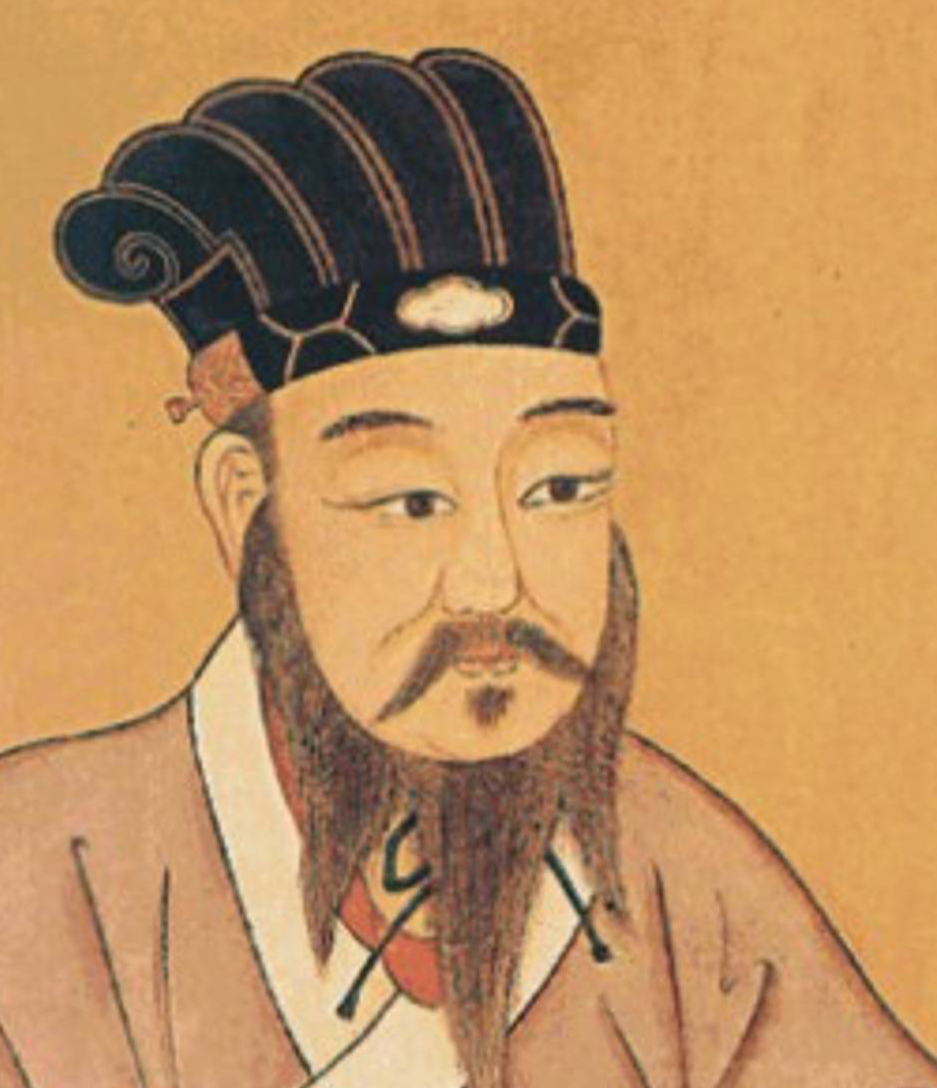
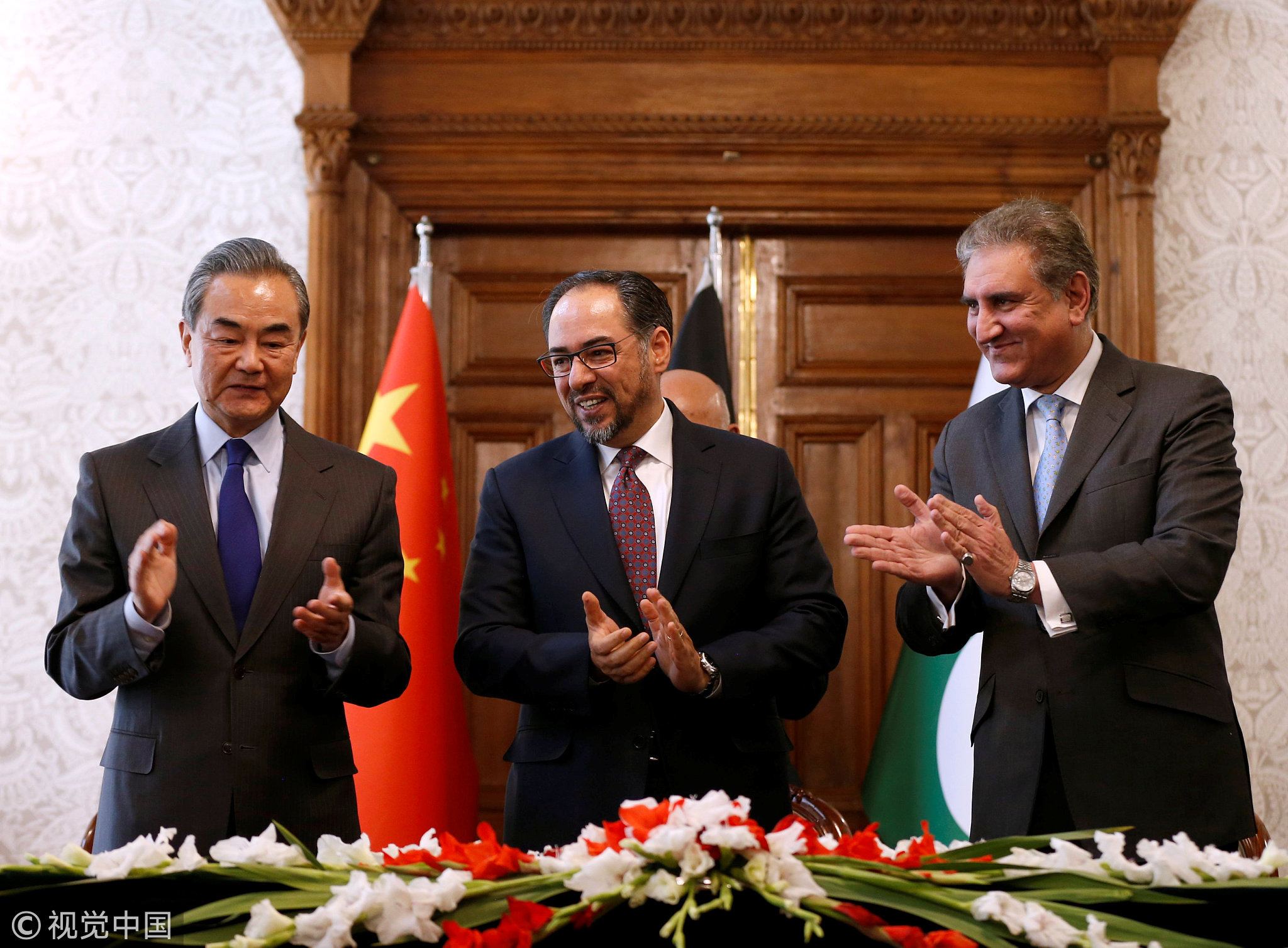
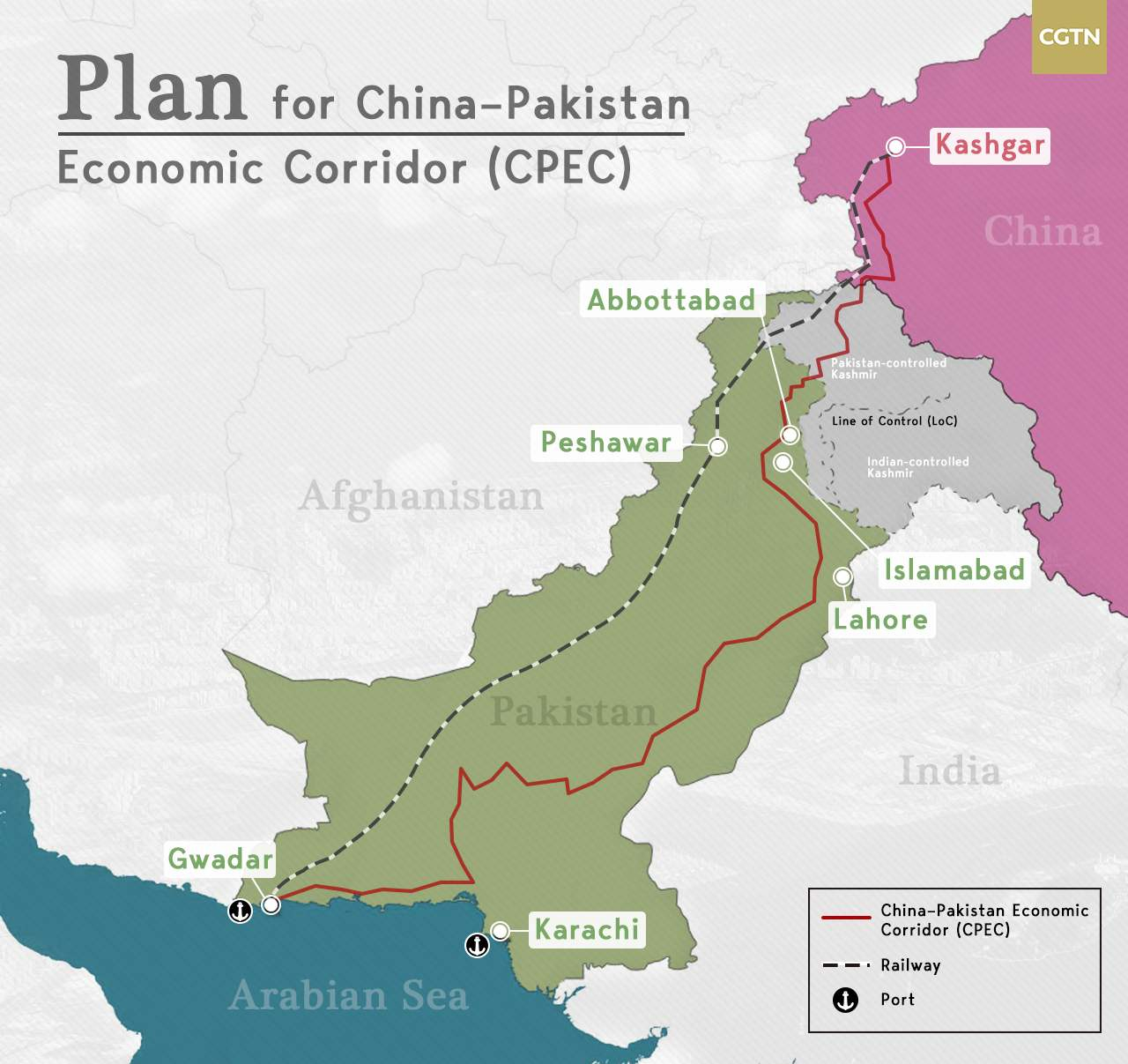
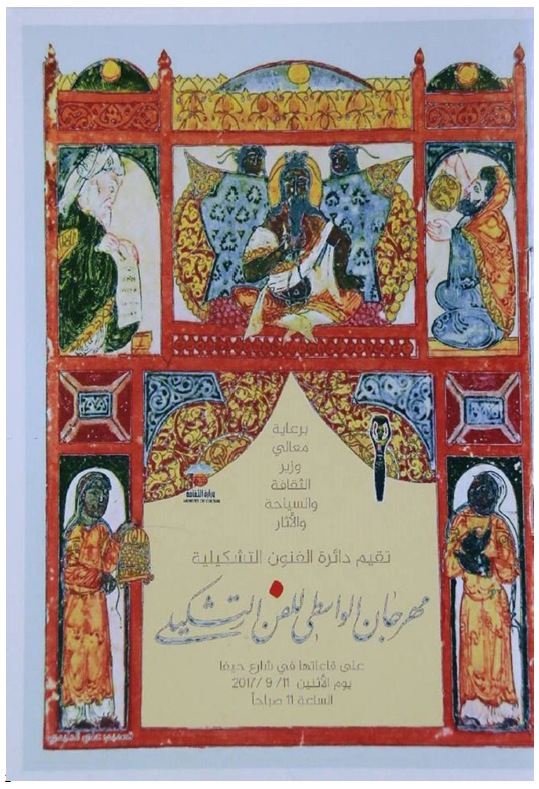

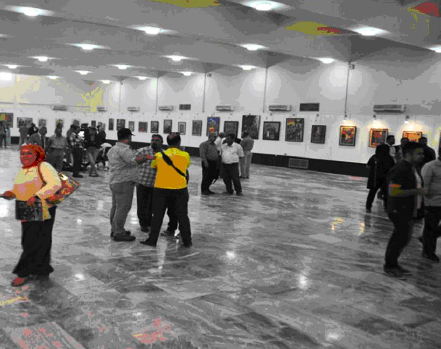
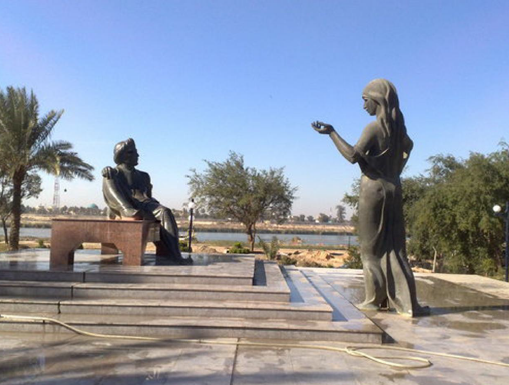


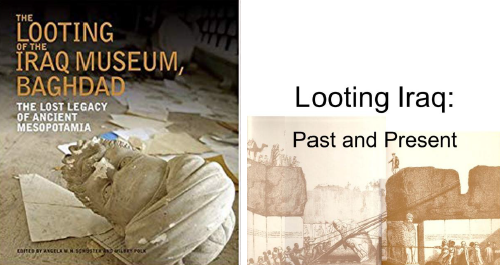
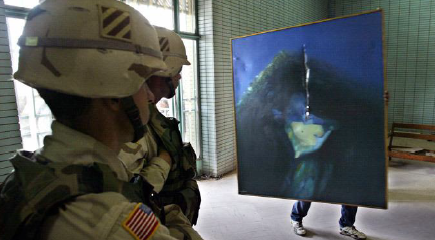

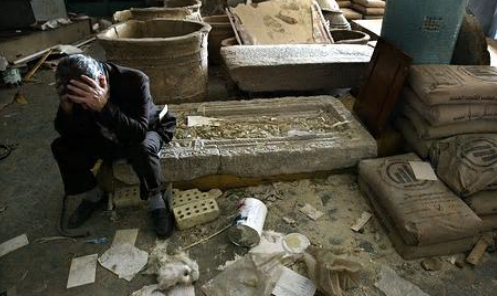
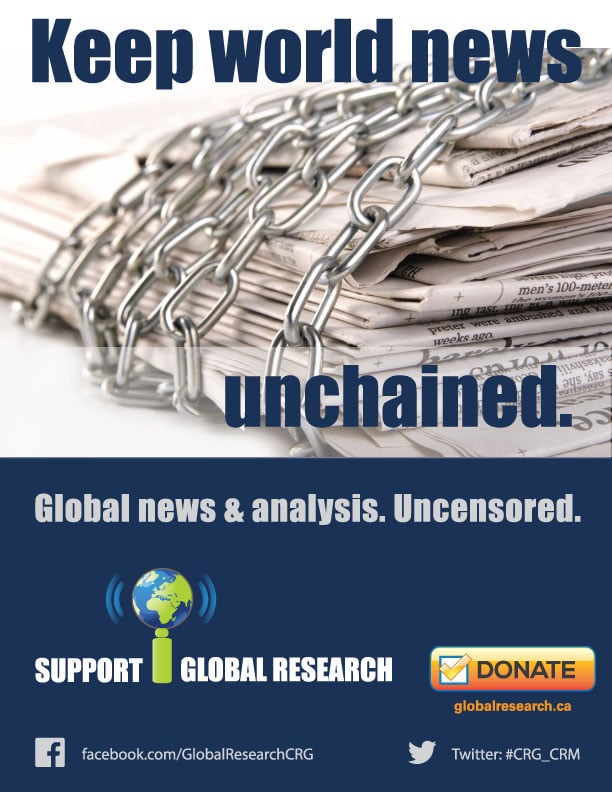 Can you
Can you 